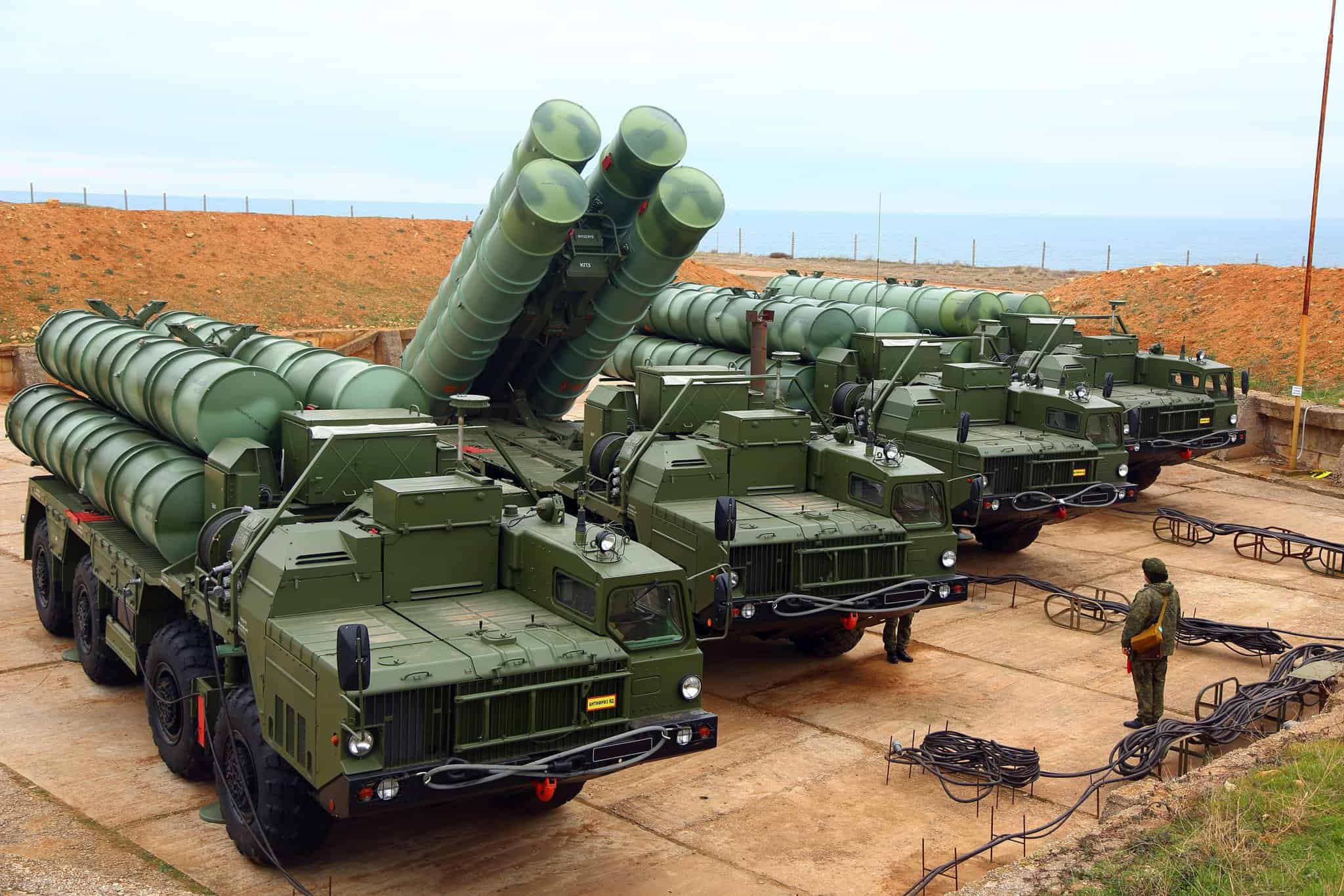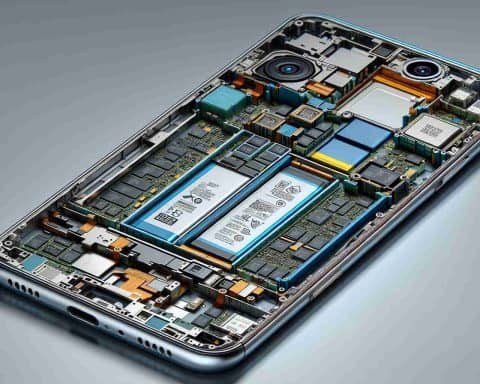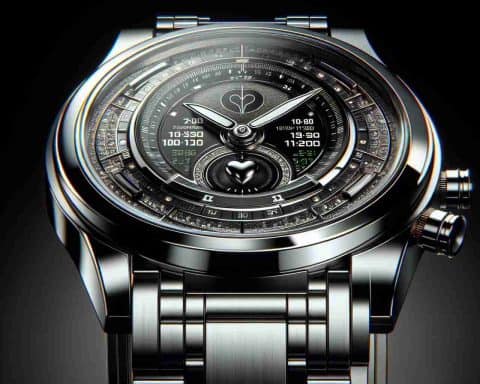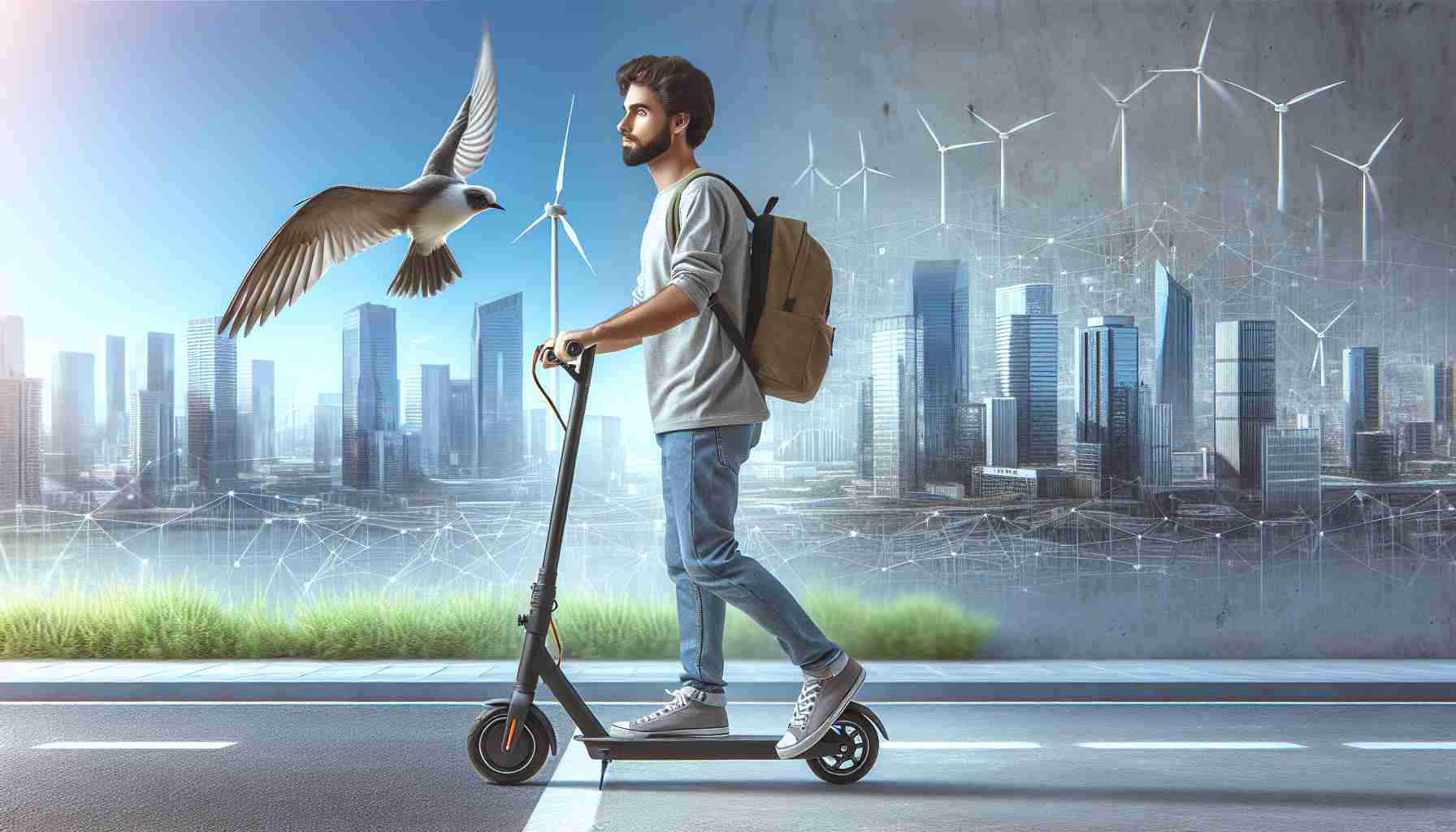In a bold move to revamp the electric vehicle landscape in China, Changan’s Nevo has unveiled the E07, a transformative SUV that prides itself on its ability to switch to a pickup truck. This dual personality is a strategic answer to the strict regulatory constraints imposed on pickup trucks in China.
Nevo’s Clever Innovation: At a recent launch event, Nevo introduced the E07 as an innovative solution to the challenges faced by those who require the utility of a pickup in urban settings where such vehicles often face prohibitive restrictions. By presenting a vehicle that oscillates between SUV comfort and truck utility, Nevo addresses a niche but expanding market segment needing versatility in transportation.
The Nevo E07 is available in both battery electric and extended-range electric versions, exemplifying its technological advancement and consideration of environmental impacts. The SUV’s adaptability is highlighted among its standout features, allowing users to prioritize either transport capacity or everyday driving convenience as needed.
Performance and Specifications: With options that include both single and dual-motor configurations, the E07 delivers impressive acceleration, with some versions racing from 0 to 100 km/h in under 4 seconds. Offering multiple battery capacities, users can select the model that best suits their range requirements, with some variants accommodating up to 651 kilometers on a single charge.
Strategic Market Positioning: Nevo aims to broaden its reach by expanding its products to meet diverse requirements, underscoring its evolving product line for global expansion by 2025. With its revolutionary features and adaptability, the E07 firmly positions itself at the cutting edge of the evolving electric vehicle market.
Is China’s Nevo E07 Redefining the Future of Urban Transportation?
The recent unveiling of the Nevo E07 by Changan has turned heads across the electric vehicle landscape, pushing the boundaries of innovation with its dual-functionality as both an SUV and a pickup truck. While the E07 has garnered attention for its transformative design, there is much more to unpack about its potential impact on urban transportation, consumer behavior, and environmental sustainability.
Unexplored Opportunities and Challenges:
The introduction of the E07 raises interesting questions about how such versatile vehicles could help alleviate urban congestion and parking issues. In cities where space is scarce, a vehicle that can adapt its utility offers a practical solution to urban mobility. But can it really solve infrastructural challenges? Despite its flexibility, the E07 still depends on the availability of charging infrastructure, a subject of ongoing improvement but still a hurdle in many regions.
Moreover, the multipurpose design could lead to evolving car ownership models such as shared ownership or subscription services, where users access different vehicle modes as needed, thus decreasing the total number of vehicles required per household.
Economic Impact on Industries:
With the rise of versatile vehicles like the E07, related industries such as logistics and freight could see significant shifts. Small business owners might find a convenient solution that allows them to toggle between personal and commercial use without needing to invest in a separate vehicle.
However, this shift could disrupt traditional pickup manufactures focusing on single-purpose vehicles. The E07 effectively challenges such manufacturers to rethink strategies surrounding electric versatility and adaptability.
Environmental Benefits and Concerns:
Environmental stewardship remains a pillar of the E07’s design philosophy. By offering extended-range and battery electric versions, this vehicle aligns with global trends toward reducing reliance on fossil fuels. But a key concern is the environmental footprint of manufacturing such adaptable vehicles.
Furthermore, does the E07 set a precedent for more complex, potentially resource-intensive production processes, contradicting its sustainability objectives? Manufacturers must weigh the benefits of combination vehicles against the resource demands of producing multifaceted components.
Social and Cultural Shifts:
Cultural perceptions of utility vehicles are also likely to evolve. Historically, pickup trucks have represented functionality over form. The E07’s stylish design blurs these lines, possibly elevating the status of traditionally utilitarian vehicles to symbols of modernity and innovation.
In a broader sense, this could alter consumer values, pushing societies towards prioritizing flexibility and adaptability in personal transportation choices.
What Does the Future Hold?
As we look forward to 2025, when Nevo plans a global market reach, questions linger. Will city planners adapt regulations to accommodate these flexible vehicles? How will competitors respond in terms of innovation within their own fleets? The answers could reshape the future of mobility, not just in China, but worldwide.
To stay updated on advancements in electric vehicles and how they are shaping modern transportation, visit AutoEvolution or explore insights from Green Car Congress.
















